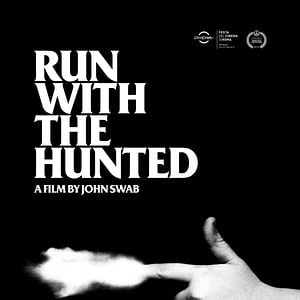

He knew they were the same ones who couldn't even look him in the face when he was on the streets. Even when he'd made it, he still distrusted those who adored him. And you can see why: it was pretty harsh there at times.

I've always thought of Bukowski as the poet laureate of America's gutter, and this book really beings home the life that led to his work, better than any other single tome he ever wrote. So of course he became a hermit and ended up hating people! Who wouldn't?īut it also helped him empathize with the truly downtrodden, and that's where his greatest art lies: reminding us that the "bums" on our streets and in our flophouses have just as much pathos and drama and love and hate in their lives as any of us. He had horrible boils all over his face and body, and this book really goes into that, and the horror of those around him when looking at him. And laugh and maybe cry, and just feel in general.Įvery time I read this book I recall a hugely salient fact that's easy to overlook when you focus on his later stuff: one of the absolutely defining things about this man was his sheer physical ugliness as a teen and young man. He will always make you think, in any case. Yes, Chuck/Hank ain't for the faint of heart, he can go way over most folks' lines (The Fiend), but defining lines and crossing them was part of his M.O. It's the most accessible and fun, and least horrifying. That's why Post Office is the best place to start. It can be a bit disorienting, literarily. Some are stronger than others, and not chronologically so. Reading RWTH as a newcomer, though, presents one with the issue of these pieces being written at various stages in CB's career, and ability.
Run with the hunted full#
Then you can meander on to Women or Ham or Hollywood or his poems (Shakespeare Never Did This is my favorite), or if you're ready for the full deal, sweet and harsh alike, go to Hot Water Music. Most of this is from the Big Six, his best prose volumes, and you know what those are if you're a fan, and if you don't I'll merely say this: if new to Buk, definitely start with Post Office. He really understood Buk and his demons and angels, and this tome not only shows the progress of that life, from childhood misery to gloriously infamous later-life joyful misery, but reminds the careful reader about why Buk was who he was. It's a very nicely chosen selection, mainly due to the chooser being CB's longtime editor/friend, John Martin. I've read all of Herr Chinaski's stuff a few times and then some, and this is one of the ones I come back to most often, if just to poke around in his life. This collection is shocking in its beauty, and inspiring by its simplicity. The attempts at honesty, clearly blocked by his unwillingness to divulge everything, and his cynicism of man. It doesn't always work, but there in lies the subtle beauty of Bukowski's efforts. It is not perfect, and it is not trying to be. This is RAW human emotion and experience smeared out onto paper. This is poetry for people who are disgusted by verse of flowers, trees and Greek mythology. It is funny, sad, sadistic, cruel, scathing, enlightening and thought provoking. To me Charles Bukowski will always be one of the greatest American writers of the twentieth century, because of the sheer brutality and honesty his work emanates. No collection can ever really be complete, there are always new things to add, new commentary, newly discovered works, transcripts of records and unpublished letters, but this book does an excellent job in its attempt. I will just give you my impression of this collection of work. I am not going to go over the contents of the book, or much about Charles Bukowski, because if you are considering this book you must know something about the man and his work.


 0 kommentar(er)
0 kommentar(er)
